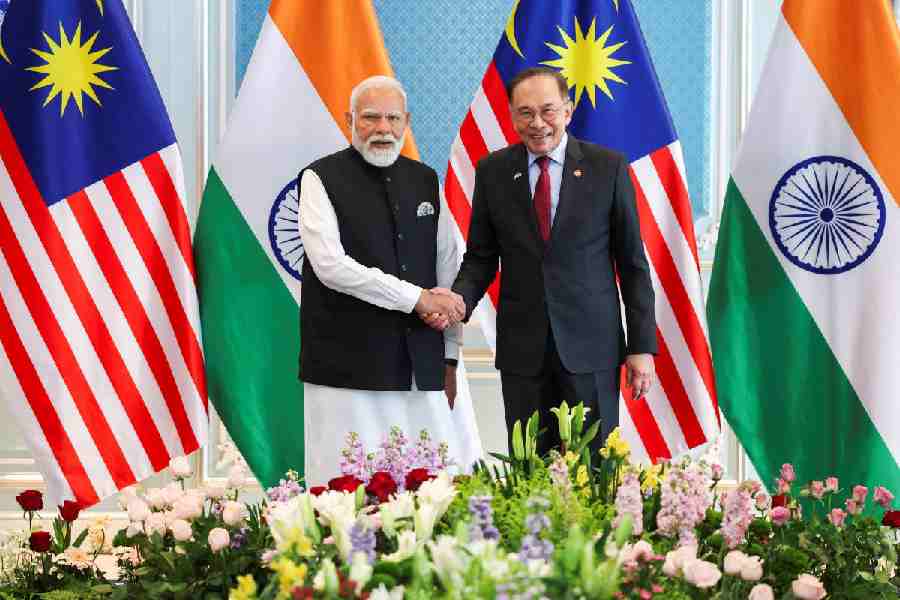Discrimination - eventually - is transient. This is the message of hope that can be gleaned from the Supreme Court's historic verdict that has overturned parts of Section 377 of the Indian Penal Code that had, for over 150 years, criminalized homosexuality. The progress of civilization is predicated on the nimbleness of thought. Almost five years ago, the Delhi High Court's 2009 judgment decriminalizing gay sex between consenting adults had been struck down by the apex court, dealing a crushing blow to those who seek to uphold the principle of equality. The present ruling would restore the public faith that India's highest court remains a cherished fount of wisdom that also possesses the magnanimity, courage and litheness in thought to address not just older conflicts but also the lacunae in India's judicial apparatus. It is not without reason that one of the judges happened to mention the "lethargy of law" in the given context. It would be limiting to view the pronouncement as a triumph for India's persecuted sexual minorities only. The spirit of the decree should be seen as a society's reaffirmation of the foundational principles of equality, privacy, dignity, the autonomy of individual choice and so on. This commitment, however, cannot be taken for granted, even in democracies. Contagions such as prejudice, regressive morality and even majoritarianism - the blight of New India - can combine to undermine the rights that have been guaranteed by the Constitution. The Supreme Court's unambiguous rejection of antiquated sensibilities - a "Victorian morality" in the court's view - in favour of "Constitutional morality" in its assessment of a prejudiced, discriminatory legal code is thus as heartening as its indictment of majoritarianism trampling liberty.
Yet, the victory for the LGBTQS community will remain partial if it remains excluded from rights and entitlements. Perhaps the court had this embedded culture of exclusion in mind when it stated that decriminalization is only the beginning, and that the Constitution envisages a lot more. The Supreme Court has done all that it can to make Indian society more representative. The momentum that has been generated must now be carried forward by the political constituency. The marginalized - not just sexual minorities - must be able to live, work and love in the manner that they choose to without fear. That is democracy's litmus test.











